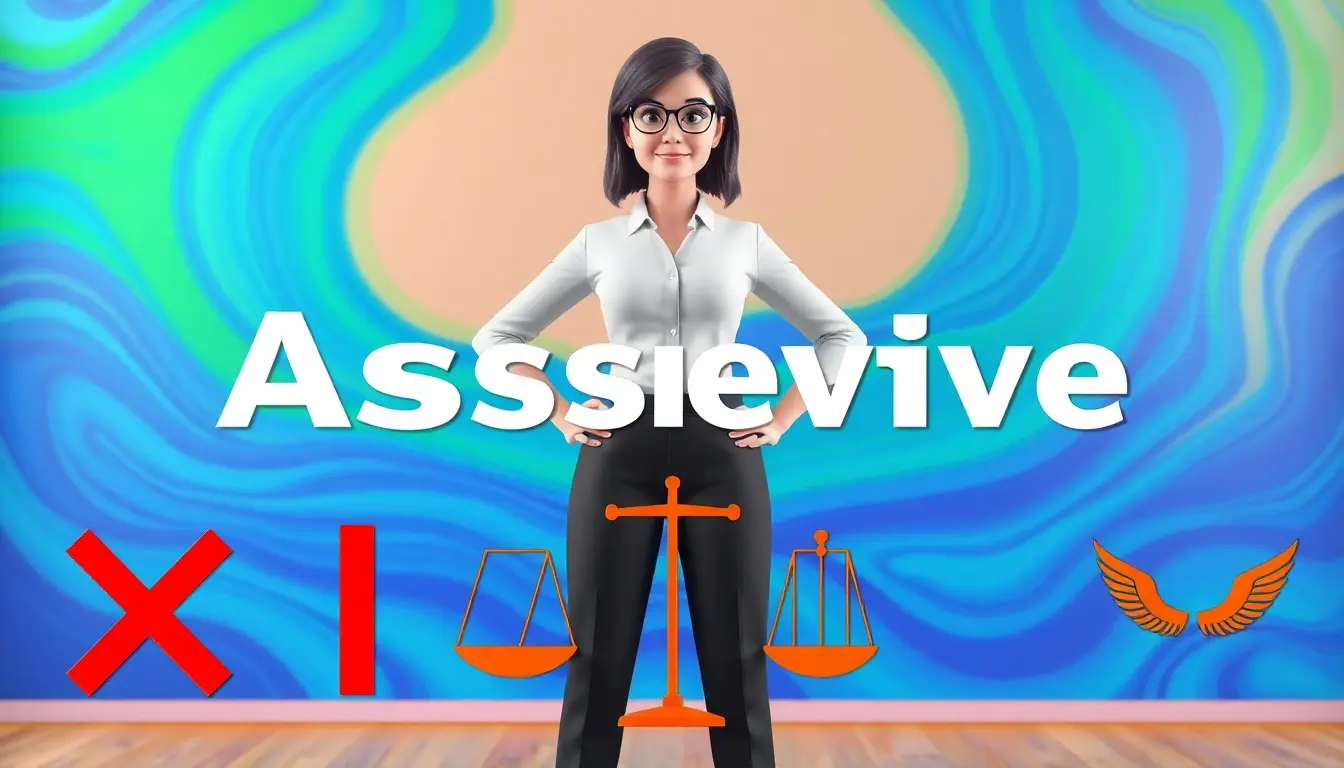Negotiation and conflict resolution techniques are essential skills for anyone who wants to succeed in their personal and professional lives. Whether you’re a business owner, manager, or simply someone who wants to improve their relationships, learning how to negotiate and resolve conflicts effectively can make all the difference.
Understanding Conflict Resolution
Conflict resolution is the process of resolving disputes or disagreements between individuals, groups, or organizations. It involves identifying the root cause of the conflict, communicating effectively, and finding a mutually beneficial solution. Conflict resolution techniques can be applied in various settings, including personal relationships, workplaces, and business negotiations.
Effective conflict resolution requires a combination of skills, including active listening, empathy, and problem-solving. It’s essential to approach conflicts with a calm and level head, avoiding aggressive or confrontational behavior. By remaining calm and composed, you can create a conducive environment for constructive dialogue and creative problem-solving.
The Importance of Active Listening
Active listening is a critical component of conflict resolution. It involves fully concentrating on what the other person is saying, understanding their perspective, and acknowledging their feelings. Active listening helps to build trust and rapport, creating a foundation for constructive dialogue. When you listen actively, you’re more likely to identify the root cause of the conflict and find a mutually beneficial solution.
Negotiation Techniques
Negotiation is a crucial aspect of conflict resolution. It involves finding a mutually beneficial agreement between two or more parties. Effective negotiation techniques can help you achieve your goals while maintaining a positive relationship with the other party.
Principled Negotiation
Principled negotiation is a negotiation technique developed by Roger Fisher and William Ury. It involves separating the people from the problem, focusing on interests rather than positions, and generating options that satisfy both parties’ interests. Principled negotiation is a collaborative approach that seeks to find a mutually beneficial solution.
Distributive Negotiation
Distributive negotiation, on the other hand, is a competitive approach that involves distributing a fixed pie. It’s often used in situations where there’s a limited resource, and one party’s gain is the other party’s loss. Distributive negotiation requires a strong understanding of the other party’s interests and a willingness to make concessions.
Integrative Negotiation
Integrative negotiation is a collaborative approach that involves finding a solution that satisfies both parties’ interests. It’s often used in situations where there’s a potential for mutual gain. Integrative negotiation requires creativity, flexibility, and a willingness to explore different options.
Effective Communication in Negotiation and Conflict Resolution
Effective communication is critical in negotiation and conflict resolution. It involves conveying your message clearly, actively listening to the other party, and avoiding misunderstandings.
Nonverbal Communication
Nonverbal communication plays a significant role in negotiation and conflict resolution. It involves using body language, facial expressions, and tone of voice to convey your message. Make sure your nonverbal cues are consistent with your verbal message to avoid confusion.
Verbal Communication
Verbal communication involves using words to convey your message. It’s essential to choose your words carefully, avoiding aggressive or confrontational language. Use “I” statements to express your feelings and avoid blaming the other party.
Managing Emotions in Negotiation and Conflict Resolution
Emotions can run high in negotiation and conflict resolution. It’s essential to manage your emotions effectively to achieve a positive outcome.
Emotional Intelligence
Emotional intelligence involves understanding and managing your emotions, as well as empathizing with the other party’s feelings. It’s a critical component of negotiation and conflict resolution.
Empathy and Apologies
Empathy and apologies can go a long way in resolving conflicts. By acknowledging the other party’s feelings and apologizing for any wrongdoing, you can create a conducive environment for constructive dialogue.
Avoiding Common Mistakes in Negotiation and Conflict Resolution
There are several common mistakes to avoid in negotiation and conflict resolution.
Taking a Hardline Stance
Taking a hardline stance can lead to impasse and damage relationships. Be flexible and willing to make concessions to achieve a mutually beneficial solution.
Making Unrealistic Demands
Making unrealistic demands can lead to frustration and disappointment. Be realistic about what you can achieve and focus on finding a mutually beneficial solution.
Failing to Prepare
Failing to prepare can lead to poor outcomes. Research the other party’s interests, identify potential solutions, and develop a negotiation strategy to achieve your goals.
FAQ
What is the difference between negotiation and conflict resolution?
Negotiation is the process of finding a mutually beneficial agreement between two or more parties, while conflict resolution is the process of resolving disputes or disagreements between individuals, groups, or organizations.
What are the key components of effective conflict resolution?
The key components of effective conflict resolution include active listening, empathy, problem-solving, and effective communication.
What is principled negotiation?
Principled negotiation is a negotiation technique developed by Roger Fisher and William Ury. It involves separating the people from the problem, focusing on interests rather than positions, and generating options that satisfy both parties’ interests.
Conclusion
Negotiation and conflict resolution techniques are essential skills for anyone who wants to succeed in their personal and professional lives. By understanding conflict resolution, using effective negotiation techniques, communicating effectively, managing emotions, and avoiding common mistakes, you can achieve positive outcomes and maintain positive relationships. Remember to approach conflicts with a calm and level head, and always be willing to listen and adapt to find a mutually beneficial solution.







Leave a Reply